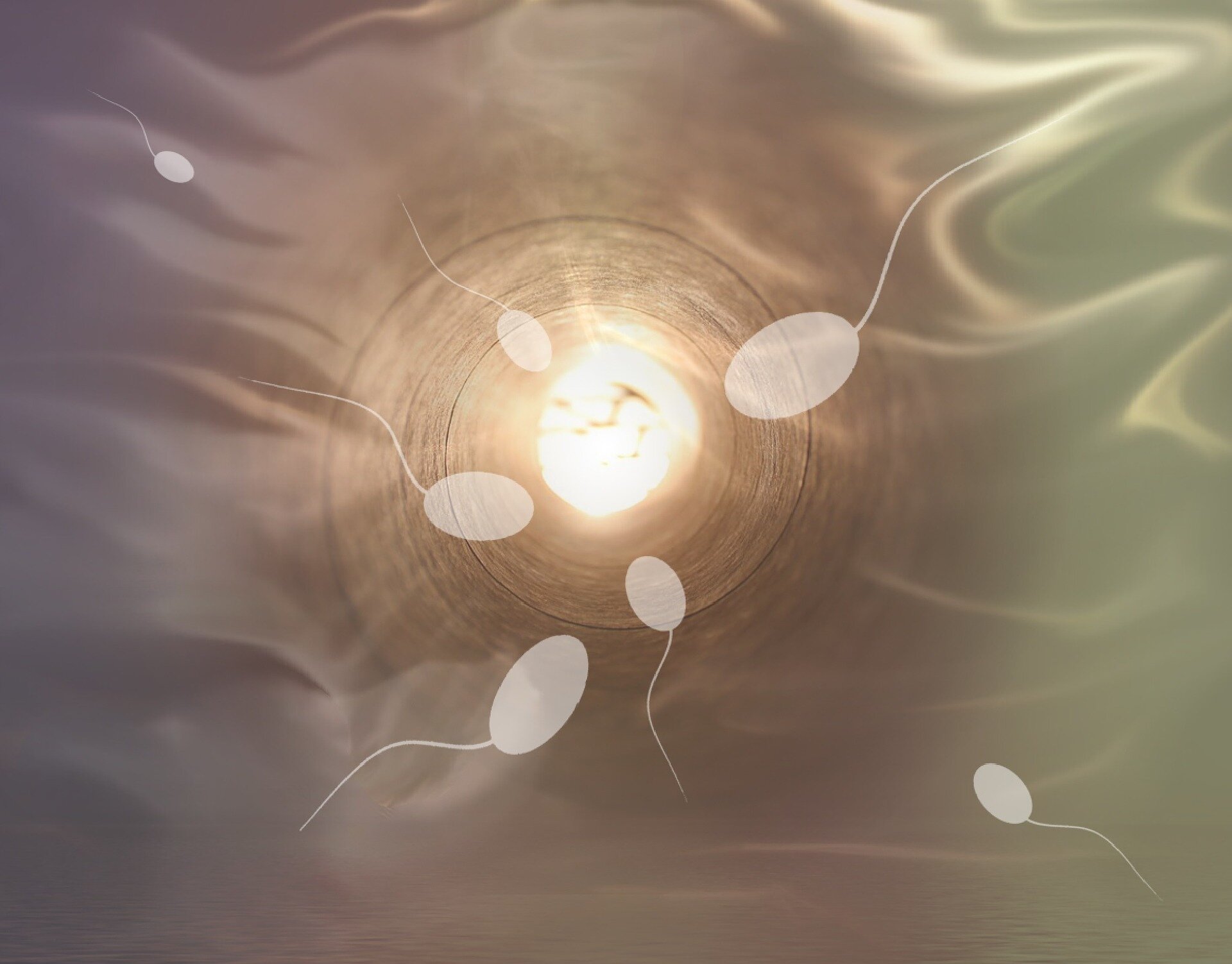Health
Researchers find no evidence that sperm count decreases

Credit: Pixabay/CC0 public domain
The widely held belief that sperm counts are falling in men around the world may be incorrect, according to a new study from the University of Manchester, Queen’s University in Kingston, Canada and Cryos International, Denmark.
Based on data from 6,758 men from four cities in Denmark who register as sperm donors at the world’s largest sperm bank, Cryos International, the study published in the news Human reproduction.
The declining sperm counts identified by two recent and influential meta-analyses – which combine and synthesize the results of previous studies – have been widely reported in the mainstream media.
However, statistical analysis of semen samples from the men who applied to become sperm donors showed that although the average sperm concentration varied from year to year, it did not change significantly over a six-year period.
Although Cryos was founded more than 40 years ago, the researchers limited their analysis to data collected between 2017 and 2022 to ensure methodological consistency in measurements of sperm concentration and motility – the ability to swim spontaneously.
Co-author Professor Allan Pacey from the University of Manchester said: “It is widely believed that sperm counts are falling in men.
“This is to some extent the result of a meta-analysis published by Levine et al (2023), which suggested that sperm concentrations had declined by as much as 2.64% per year in unselected men worldwide since the year 2000.
“We did not see such a change and that suggests that in this population of sperm donor applicants, in these four Danish cities, sperm concentrations did not change between 2017 and 2022.”
However, both the concentration and the total number of motile (swimming) sperm submitted for testing had decreased by 16% and 22% respectively between 2019 and 2022.
Co-author Professor Robert Montgomerie said: “The decline in sperm motility measurements between 2019 and 2022 was an unexpected finding.
“This decline roughly corresponds to the onset of the global COVID-19 pandemic.
“While there is no evidence that the SARS-CoV-2 virus directly affects sperm, we speculate whether the widespread lockdowns may have led to changes in the work patterns, diet and physical activity levels that we already know they can affect sperm. mobility.”
The study authors were unable to collect information about the health or lifestyle of the men applying to become sperm donors, which could help identify factors that may be responsible for the decline in motility the sperm.
However, they argue that monitoring sperm quality in this population of sperm donor candidates could be a useful way to monitor changes in human sperm quality over time and help answer the question of whether sperm count is declining or not.
Co-author Anne-Bine Skytte, medical director of Cryos International, said: “Men who sign up as sperm donors do so to help women and couples realize their family wishes.
“We have no way of knowing how random this sample is relative to the general (Danish) population, but this study shows that another altruistic outcome of applying to become a sperm donor is how the data can now be used to answer scientific questions. questions, such as whether sperm count is decreasing or not.
“This is an unexpected benefit of their generosity.”
More information:
Emilie Lassen et al., Recent decline in sperm motility among donor candidates at a sperm bank in Denmark, Human reproduction (2024). DOI: 10.1093/humrep/deae115
Quote: Researchers find no evidence that sperm count is declining (2024, June 5) retrieved June 6, 2024 from https://medicalxpress.com/news/2024-06-evidence-sperm.html
This document is copyrighted. Except for fair dealing purposes for the purpose of private study or research, no part may be reproduced without written permission. The content is provided for informational purposes only.











